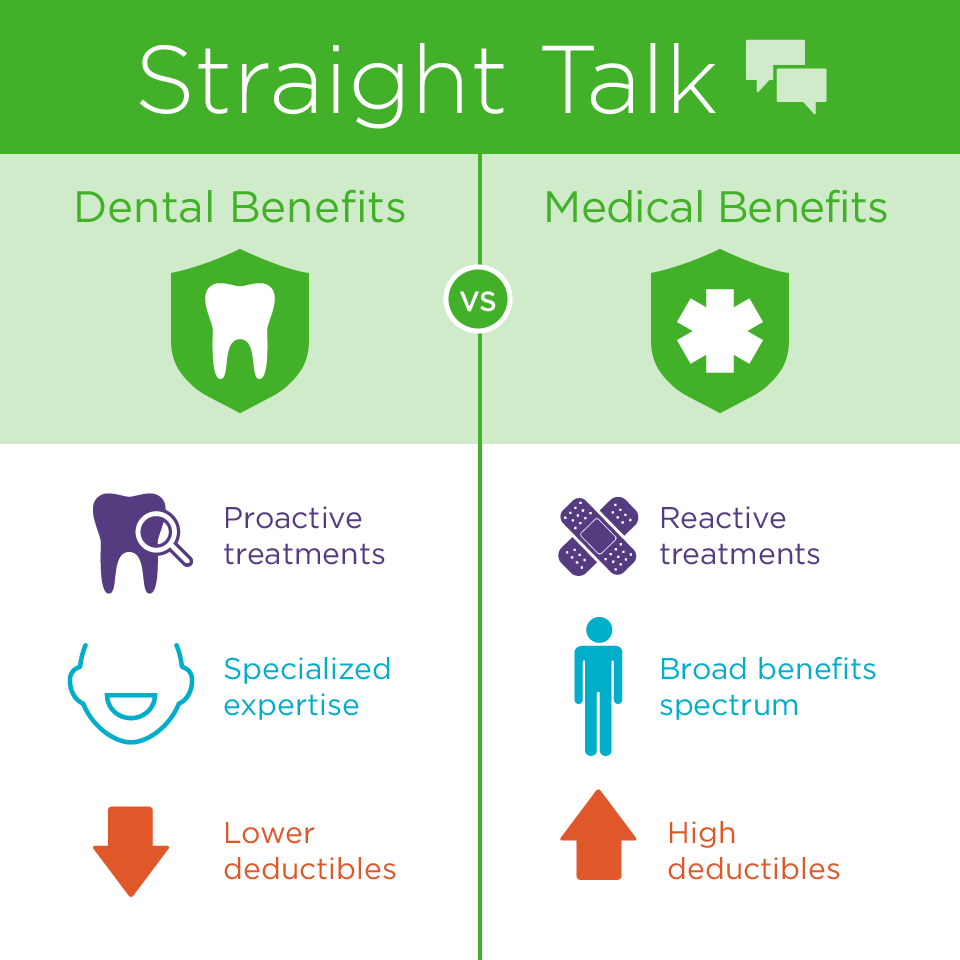Medicare Advantage Agent - Questions
Medicare Advantage Agent - Questions
Blog Article
Some Known Factual Statements About Medicare Advantage Agent
Table of ContentsMedicare Advantage Agent Things To Know Before You Buy7 Easy Facts About Medicare Advantage Agent ExplainedThe Definitive Guide to Medicare Advantage AgentThe Definitive Guide for Medicare Advantage AgentMedicare Advantage Agent Fundamentals ExplainedSome Of Medicare Advantage AgentOur Medicare Advantage Agent PDFs

Significant ailments can set you back lots of times that. Health and wellness care coverage aids you obtain the care you need and protects you and your family members monetarily if you get sick or injured. You can obtain it with: Your work or your partner's task, if the employer offers it. You have to satisfy eligibility requirements for federal government healthcare programs. For more details regarding government programs, visit Benefits.gov. Find out more: Medical insurance: 5 points you may not know See: Are you unexpectedly needing medical insurance? You can add your family members to a work health insurance. If you purchase from an insurance coverage firm or the market, you can buy
a strategy that also covers your family members. They don't need to live at home, be enlisted in institution, or be asserted as a dependent on your tax obligation return. You can keep wedded children on your plan, yet you can't include their partners or kids to it. If you have reliant grandchildren, you can keep them on your plan till they turn 25. You can get at other times only if you lose your protection or have a life change. Life modifications include things like marrying or
separated, having an infant, or taking on a youngster. You can enroll in a job wellness plan when you're very first hired or have a major life adjustment. They can't deny you protection or cost you much more due to a preexisting condition or special needs. The price depends on your scenarios. You'll need to pay costs and part of the cost of your care. A premium is a month-to-month cost you pay to have coverage. To decide your premium, insurer will certainly consider: Your age. Whether you smoke or use tobacco. Whether the protection is for one individual or a family members. They might not consider your gender or health and wellness variables, including your clinical background or whether you have a disability. Premiums for individual plans are locked in for one year. Rates generally increase when the strategy is restored to reflect your age and greater healthcare prices. All health insurance need you to.
pay a few of the expense of your healthcare. This is called cost-sharing. Along with costs, you normally need to satisfy a deductible and pay copayments and coinsurance. A is the amount you should pay before your plan will certainly pay. If your insurance deductible is$ 1,000, your strategy won't pay anything until you've paid $1,000 on your own.
You'll additionally have a copayment if you go to the emergency situation room or see an expert. The amounts vary by strategy. is a quantity you pay for a protected solution after you've satisfied your insurance deductible. It's typically a percent of the cost of the service. Your health and wellness strategy could pay 80 % of the cost of a surgical treatment or hospital stay.
The percent you pay in coinsurance varies by plan. You generally do not have to pay coinsurance in an HMO. Federal regulation establishes limits on the amount you pay out of pocket in a plan year. Some plans have lower out-of-pocket limitations. After you reach the limitation, you do not need to pay copayments or coinsurance for the remainder of the strategy year.
The Facts About Medicare Advantage Agent Revealed

The four types are: HMO strategies. Unique copyright (EPO) strategies. Preferred copyright (PPO) strategies. Point-of-service plans. All four types are taken care of treatment strategies. This suggests they agreement with medical professionals and various other healthcare service providers to treat their members at discounted prices. These suppliers comprise a plan's network. Managed treatment plans limit your selection of physicians or motivate you to use medical professionals in their networks.
The plans differ in the level to which you can utilize doctors outside the network and whether you need to have a doctor to supervise your care. You must utilize service providers in click here for more the HMO's network. If you do not, you might need to pay the complete cost of your treatment on your own. There are exceptions for emergency situations and if you require care that isn't readily available in the network. Medicare Advantage Agent.
You'll likewise have a copayment if you most likely to the emergency space or see a professional. The quantities vary by plan. is an amount you spend for a protected solution after you've met your insurance deductible. It's generally a percentage of the cost of the service. Your health and wellness strategy may pay 80 % of the cost of a surgery or hospital stay.
5 Simple Techniques For Medicare Advantage Agent
The percent you pay in coinsurance varies by plan. You usually do not need to pay coinsurance in an HMO. Federal legislation sets restrictions on the quantity you pay out of pocket in a plan year. Some strategies have lower out-of-pocket limits. After you get to the limitation, you don't need to pay copayments or coinsurance for the remainder of the plan year.
A plan year is the 12-month period from the day your protection started. If your protection started on September 1, your strategy year lasts until August 31. Find out more: How to conserve money at the medical professionalTreatment options and expenses There are four sorts of major clinical health strategies in Texas.
Exclusive supplier (EPO) strategies. All four types are handled treatment strategies. Managed care strategies restrict your choice of physicians or motivate you to make use of doctors in their networks.
The plans differ in the extent to which you can use physicians outside the network and whether you need to have a physician to manage your treatment. If you do not, why not check here you may have to pay the full expense of your care yourself.
Unknown Facts About Medicare Advantage Agent
You'll likewise have a copayment if you go to the emergency area or see an expert. The amounts differ by strategy. is an amount you pay for a protected service after you've fulfilled your deductible. It's typically a percentage of the price of the service. For instance, Continue your health insurance might pay 80 % of the price of a surgical treatment or medical facility stay.
The percent you pay in coinsurance differs by strategy. You typically don't need to pay coinsurance in an HMO. Federal regulation sets limits on the amount you pay of pocket in a strategy year. Some strategies have reduced out-of-pocket limits. After you reach the limitation, you do not need to pay copayments or coinsurance for the remainder of the plan year.
A plan year is the 12-month period from the day your insurance coverage began. There are 4 kinds of major medical health plans in Texas.
The four kinds are: HMO strategies. Special supplier (EPO) strategies. Preferred supplier (PPO) strategies. Point-of-service plans. All four kinds are taken care of care plans. This means they agreement with medical professionals and various other healthcare service providers to treat their members at discounted prices. These suppliers comprise a plan's network. Taken care of treatment plans restrict your selection of physicians or encourage you to utilize doctors in their networks.
Excitement About Medicare Advantage Agent
The plans differ in the level to which you can use physicians outside the network and whether you must have a physician to oversee your care. You need to use suppliers in the HMO's network. If you do not, you might need to pay the complete cost of your care on your own. There are exemptions for emergencies and if you need care that isn't readily available in the network.
The quantities differ by strategy. Your wellness strategy may pay 80 % of the expense of a surgical treatment or healthcare facility remain.
The percentage you pay in coinsurance differs by strategy. Federal legislation establishes restrictions on the quantity you pay out of pocket in a plan year.
A plan year is the 12-month duration from the date your insurance coverage began. There are four kinds of major clinical health and wellness strategies in Texas.
The Ultimate Guide To Medicare Advantage Agent
Special copyright (EPO) plans. All four types are handled care plans. Handled treatment strategies restrict your option of medical professionals or urge you to make use of doctors in their networks.
The plans differ in the extent to which you can use physicians outside the network and whether you need to have a physician to supervise your treatment. You need to utilize suppliers in the HMO's network. If you do not, you could need to pay the complete expense of your care yourself. There are exceptions for emergency situations and if you require treatment that isn't readily available in the network.
Report this page